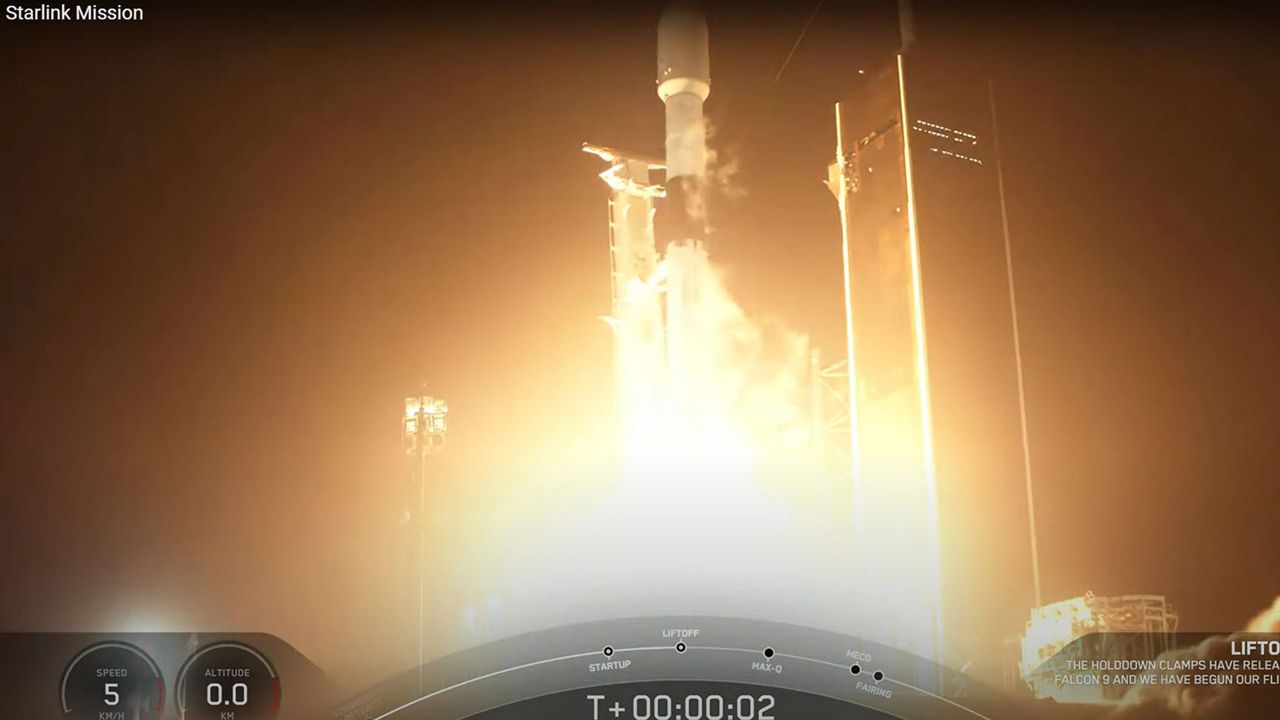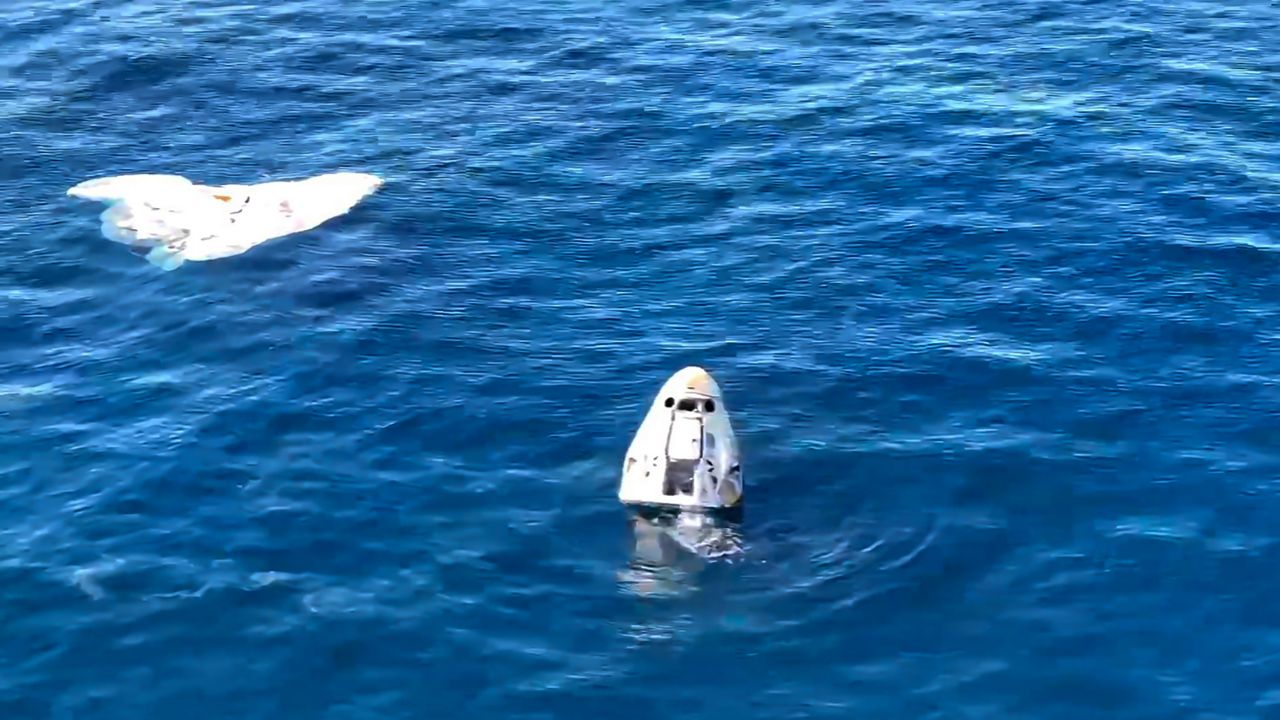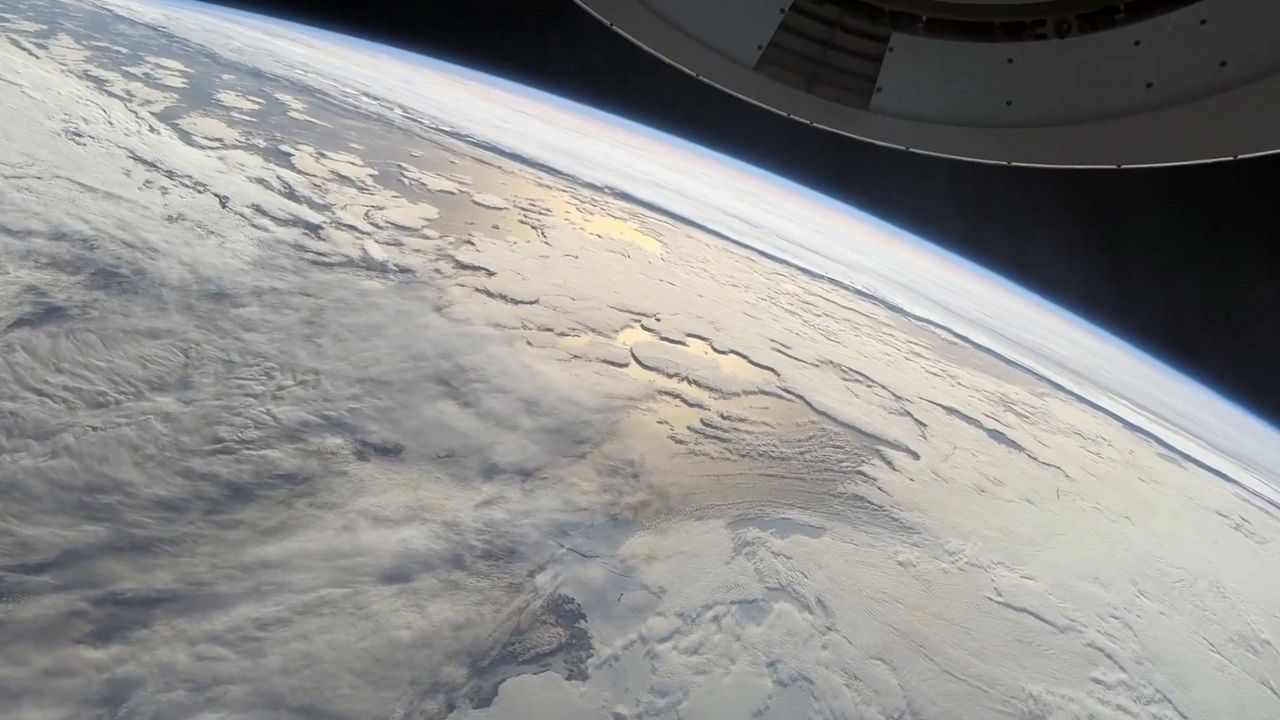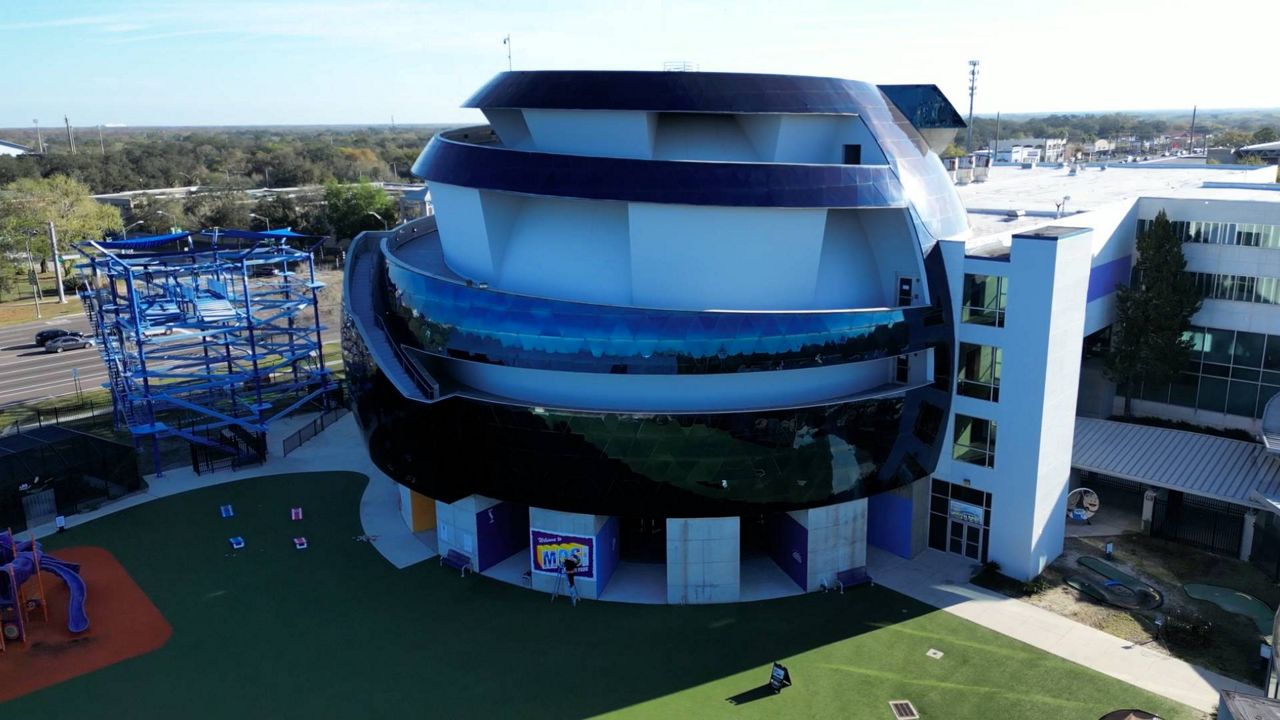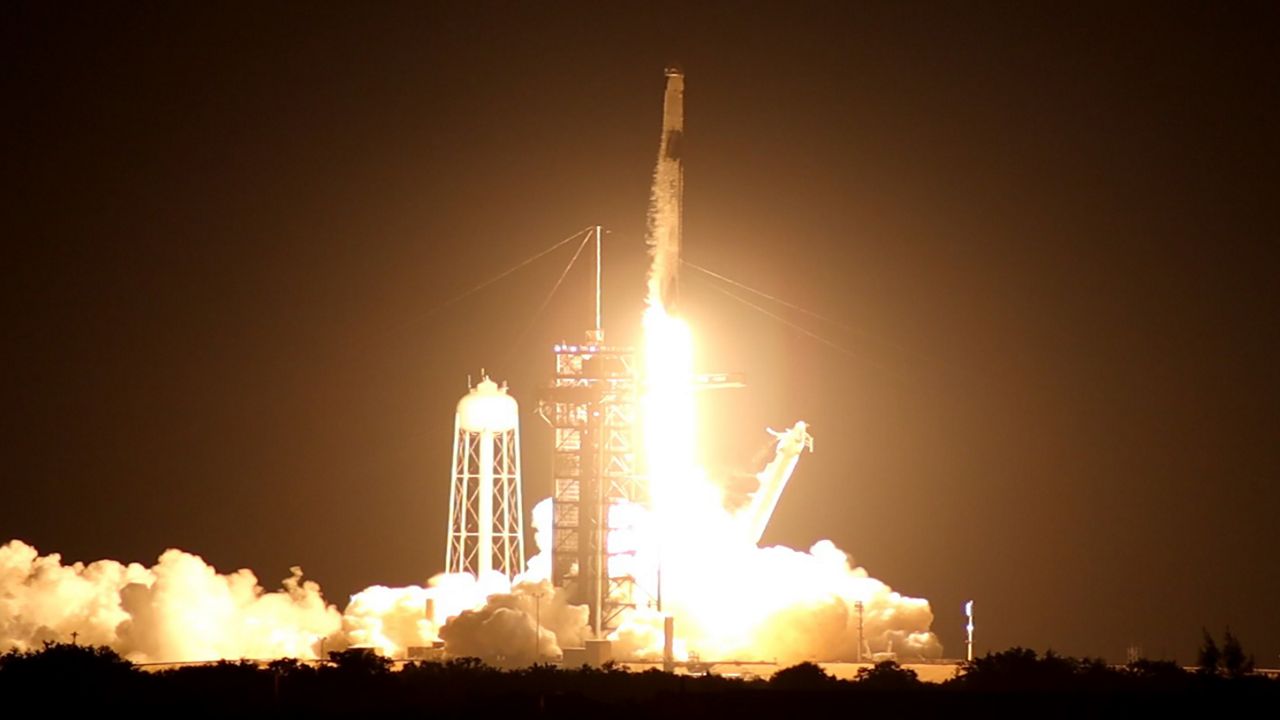KENNEDY SPACE CENTER — After the original launch time was pushed back due to upper-level winds, SpaceX was able to send off more than 50 Starlink satellites to low-Earth orbit on Tuesday evening.
What You Need To Know
- The launch time was at 10:14 p.m. EDT
- There was a 70% chance of good launch weather
- Scroll down to watch the launch
LIFTOFF! @SpaceX #Falcon9 #Starlink @MyNews13 #News13Brevard pic.twitter.com/rpwOqmxA4v
— Greg Pallone (@gpallone13) August 10, 2022
SpaceX’s Falcon 9 rocket was able to launch 52 Starlink satellites, despite the fact that upper-level winds pushed back the original launch time.
Originally, the takeoff was supposed to happen at 6:57 p.m. EDT, but due to those winds, a new launch time was scheduled for 10:14 p.m. EDT, the company tweeted.
Due to upper level winds, now targeting 10:14 p.m. ET for tonight's launch of Starlink
— SpaceX (@SpaceX) August 9, 2022
The instantaneous liftoff happened at the Kennedy Space Center’s Launch Complex 39A.
If something had severely postponed the launch, the next available window was 6:36 p.m. EDT, Wednesday, SpaceX said.
According to the 45th Weather Squadron, the launch had a 70% chance of good flight weather to send the satellites into low-Earth orbit.
The mission's first-stage booster, named B1073, has been on two other missions: The SES-22 mission that launched a telecommunications satellite in June 2022 and another Starlink launch in May.
After the stage separation during Tuesday night’s launch, the rocket’s first stage returned to Earth and landed on the droneship “A Shortfall of Gravitas” that was stationed in the Atlantic Ocean.
Falcon 9’s first stage has landed on the A Shortfall of Gravitas droneship pic.twitter.com/dh2gpVSu49
— SpaceX (@SpaceX) August 10, 2022
About the mission
The Starlink satellites deliver internet access coverage to most of the planet and give a state-of-the-art broadband capability for activities like video calls and streaming, stated the company.
SpaceX operates the Starlink company.
In addition, the U.S. Air Force announced on Friday that it has purchased Starlink’s internet service for $1,923,550 to use its hardware and service for a year, from Aug. 1, 2022, to July 31, 2023.
In the press release, the U.S. Air Force stated the purchase would help the 86th Airlift Wing with its mission in Europe and Africa while the Space Force and General Services Administration work out a separate contract agreement for internet service.
Before Tuesday night’s launch and according to Harvard-Smithsonian Center for Astrophysics’ astronomer Jonathan McDowell, 2,698 Starlink satellites are currently in orbit, with 2,662 working and 2,268 that are operational.




